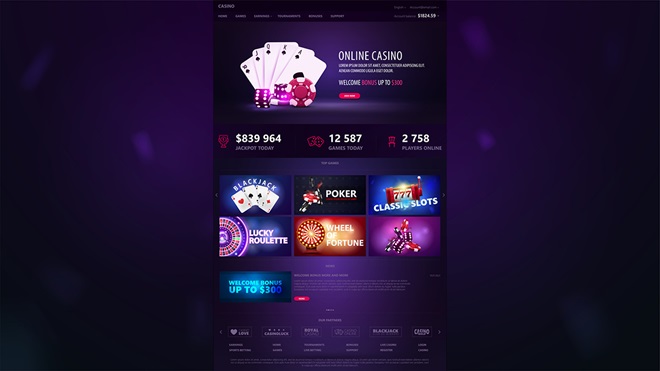Dr Aimee Brownbill is the Senior Policy and Research Adviser at the Foundation for Alcohol Research and Education (FARE)
This article is republished from Croakey. Read the original article.
Decision makers are rightfully probing the role of digital platforms like Meta, Twitter, TikTok and Snapchat in Australians' lives, with multiple inquiries considering the regulations that should apply to multi-national social media companies.
The detrimental impact of digital platforms on public health is largely being overlooked, although with a notable absence of discussion around harmful marketing practices online.
Companies that profit from promoting and selling harmful and unhealthy products like alcohol, gambling and junk food remain free to bombard people with highly targeted advertising. This is facilitated by digital platforms that rely on acquiring vast amounts of data to target people based on a range of personal characteristics, qualities and behaviours.
For many people who are trying to avoid harmful and unhealthy products, this relentless exposure to exploitative marketing can be distressing
For many people who are trying to avoid harmful and unhealthy products, this relentless exposure to exploitative marketing can be distressing and can hamper their efforts to reduce or avoid these products to protect their health and wellbeing.
In a survey of 220 people seeking to reduce alcohol, gambling and unhealthy foods, FARE and VicHealth found that 90 percent were concerned about online marketing of these products, while 83 percent felt that seeing this marketing made it harder to abstain.
Today, on Safer Internet Day, we are launching a report with VicHealth to learn more about people’s experiences with alcohol, gambling, and unhealthy food online ads.
— FARE (@FAREAustralia) February 6, 2023
See the results: https://t.co/VOGN9KtuH1#CommunityVoices pic.twitter.com/gJSLEOqOOH
One participant, Maz, a woman in the 35–44-year-old demographic bracket, described her experience:
"I struggle with alcohol and have struggled with gambling in the past, so when I see [online advertisements], I sometimes get tempted and triggered … The constant bombardment with the marketing is wearing down my resilience."
Better measures are needed to protect people like Maz from online marketing of harmful products. Decision makers need to consider the needs of communities to protect their health and wellbeing when considering regulation of digital platforms.
Currently, this marketing is mostly governed by industry-led, voluntary codes, which are inadequate, ineffective and lack transparency, and do not lead to a meaningful reduction in exposure to harmful marketing.
This is unsurprising, as companies selling harmful and unhealthy products have vested commercial interests and work to maximise profits and shareholder returns.
Harmful online marketing
Media reports have revealed that alcohol companies bombard people with advertisements after they search for support through groups like Alcoholics Anonymous or rehabilitation services – a likely outcome of the data-driven algorithms digital platforms use to 'optimise' advertising revenue.
Alcohol companies bombard people with advertisements after they search for support through groups like Alcoholics Anonymous
It is clear from the responses to the FARE/VicHealth survey that measures for reducing the amount of online marketing for harmful and unhealthy products are both wanted and needed in Australia.
Most participants in the survey indicated they have seen online marketing for harmful and unhealthy products within the past month, and that they are concerned about and would like to see less of such marketing.
Half of the participants felt they were personally targeted with online marketing for harmful and unhealthy products.
Evidence supports the concerns of survey participants that marketing of harmful products can interfere with efforts to seek help for addiction and substance use.
A review of research with people experiencing alcohol problems suggests that the more a person uses alcohol, the more attentive they are to alcohol cues like marketing, which in turn leads to increased cravings for alcohol.
This creates a harmful cycle in which alcohol marketing becomes more noticeable the more a person craves and uses alcohol – and the more a person notices alcohol marketing, the more they crave alcohol.
Online marketing models fuel this cycle by sending more alcohol advertising to people who use more alcohol.
Reform needed
Reform is urgently needed to reduce the marketing of harmful products online and protect the health and wellbeing of communities.
Decision makers must listen to the concerns of people at risk of harm and take action to increase advertising transparency on digital platforms and restrict the collection and use of data to deliver targeted advertising of these products.
Read Fare and VicHealth's full report here.
We're on your side
For more than 60 years, we've been making a difference for Australian consumers. In that time, we've never taken ads or sponsorship.
Instead we're funded by members who value expert reviews and independent product testing.
With no self-interest behind our advice, you don't just buy smarter, you get the answers that you need.
You know without hesitation what's safe for you and your family.
And you'll never be alone when something goes wrong or a business treats you unfairly.
Learn more about CHOICE membership today
Stock images: Getty, unless otherwise stated.



